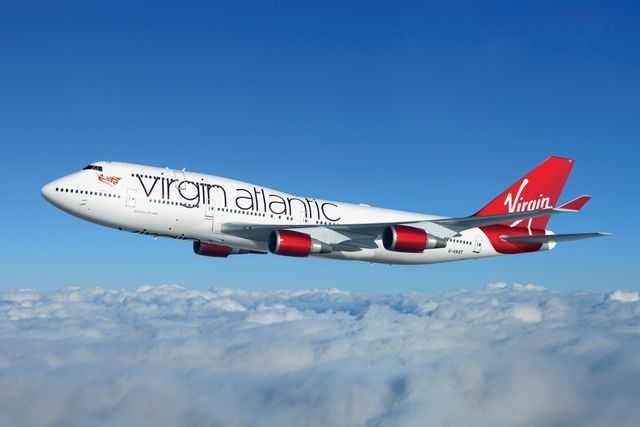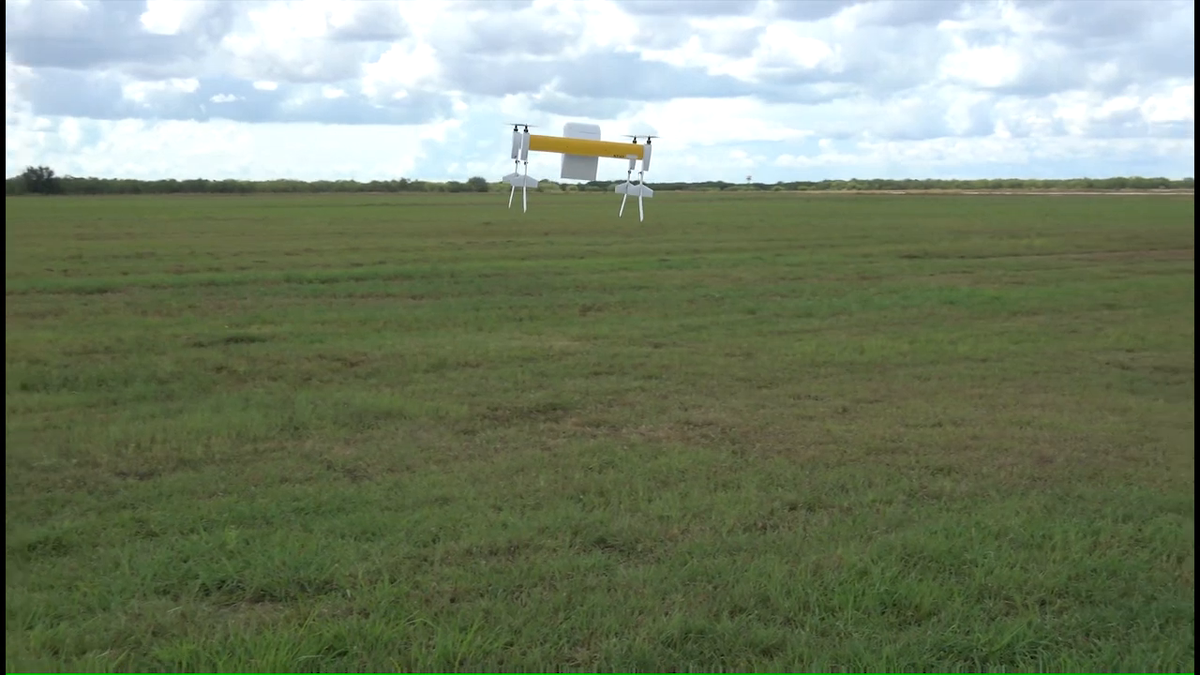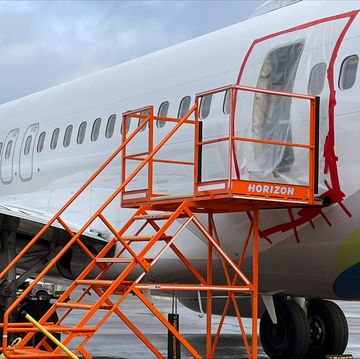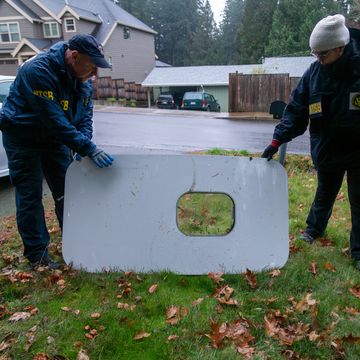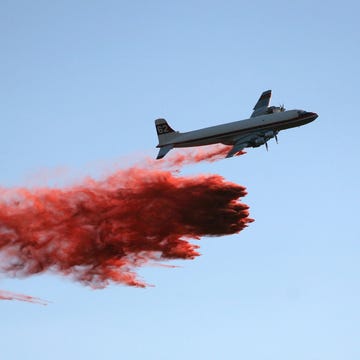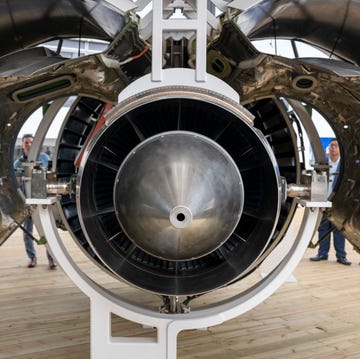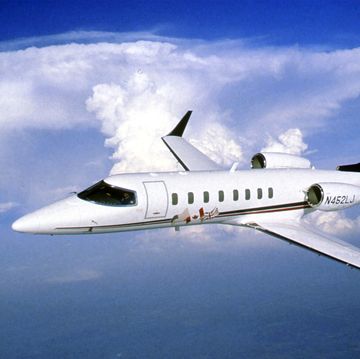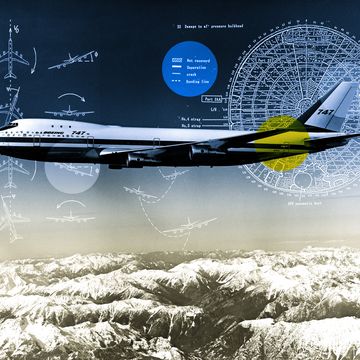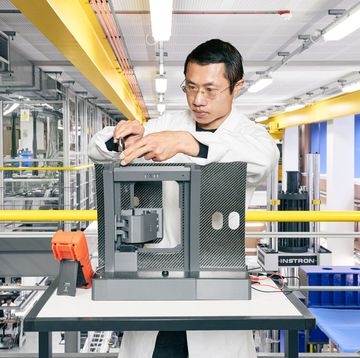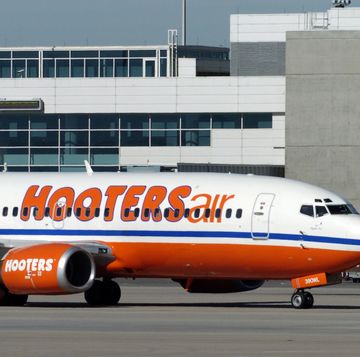Virgin Atlantic has successfully completed a flight using a blend of jet fuel and fuel made from industrial waste gas. The fuel, powering a 747 flying from Orlando, Florida to London's Gatwick Airport, makes the case for a commercially-viable flight that is also economically sustainable.
The fuel was developed by the New Zealand-based energy company LanzaTech. The outgrowth of a partnership that began with Virgin in 2011, the new fuel converts waste gas from processes like steel manufacturing and converts them into ethanol which can be used for a number of processes, including the wordy alcohol-to-jet synthetic paraffinic kerosene (ATJ-SPK).
First developed with the Pacific Northwest National Lab (PNNL) in Washington State and the US Department of Energy, ATJ-SPK has a unique catalyst that removes oxygen from ethanol. This catalyst than combines the remaining hydrocarbon molecules to create chains large enough for jet fuel. LanzaTech was able to then scale up the technology.
"This fuel exceeds the properties of petroleum-based jet fuel in terms of efficiency and burns much cleaner," says John Holladay, PNNL's deputy manager for energy efficiency and renewable energy, in a press statement. "And by recycling carbon already in the environment — in this case waste gas streams — it lets the world keep more petroleum sequestered the ground. The technology not only provides a viable source of sustainable jet fuel but also reduces the amount of carbon dioxide emitted into the atmosphere."
Virgin CEO Richard Branson, never one to miss a press opportunity, marshaled the 747 into the gate at Gatwick. "There was rapturous applause from the passengers and the crew," he writes in a blog post. "I could tell everyone was as excited as I was by the enormous potential of this new technology."
Branson writes that the ATJ-SPK "has the potential to produce up to 125 million gallons per year in the UK – enough to fuel 100 per cent of Virgin Atlantic’s flights departing Britain. This would result in nearly one million tonnes of CO2 savings per year, equivalent to 2,100 roundtrips flights between London Heathrow and JFK airports."
According to Ars Technica, LanzaTech sees no real limits to how far ATJ-SPK could go. Since the fuel needs the gas from a process like steel production, company estimates that 65 percent of the world's steel mills could be retrofitted to produce ATJ-SPK.
However, all of that still depends on pricing. While the price on the gas is lower than it's been in passed, Virgin did not include a larger order in headlines today. All of these things are possible, Branson says, "as long as we can get support from the UK government."
Source: EcoWatch, Ars Technica
David Grossman is a staff writer for PopularMechanics.com. He's previously written for The Verge, Rolling Stone, The New Republic and several other publications. He's based out of Brooklyn.
